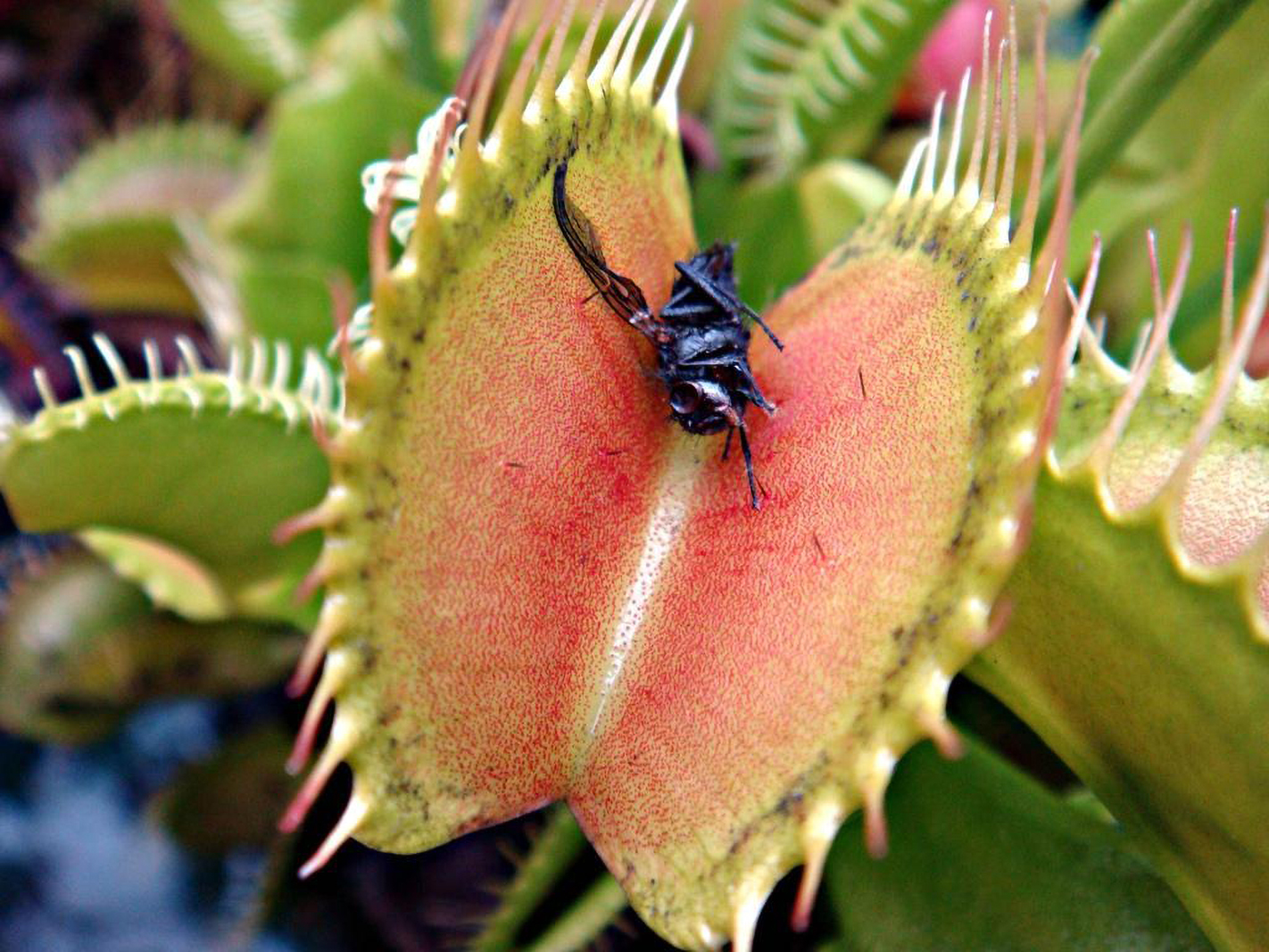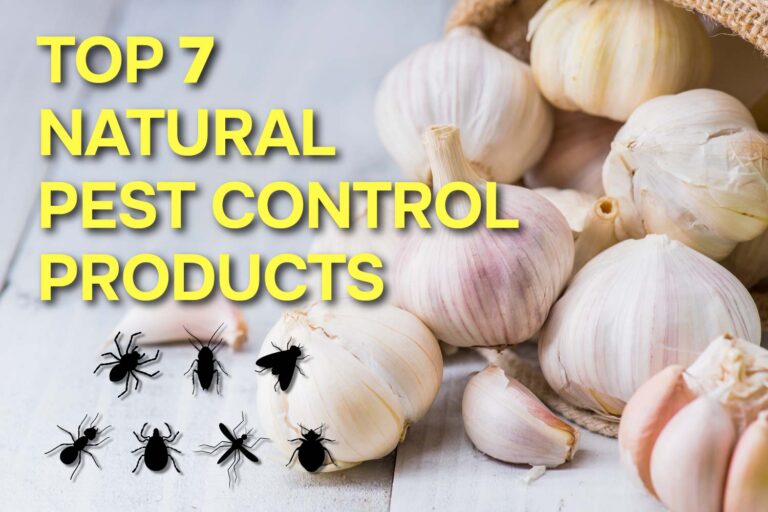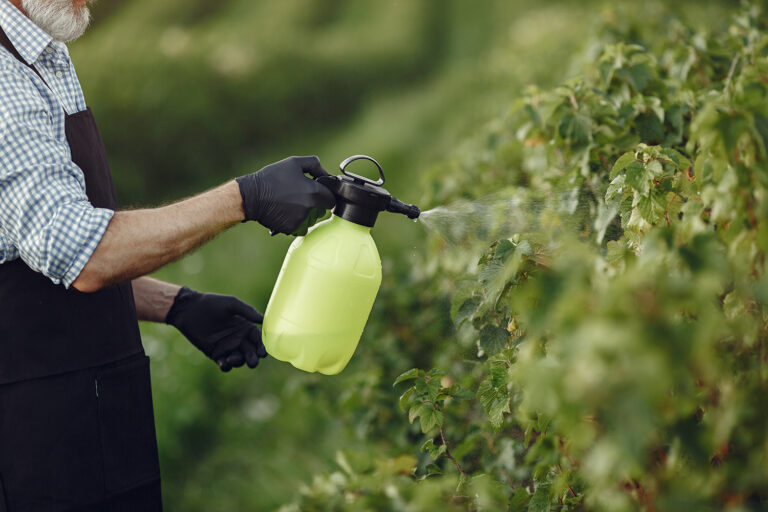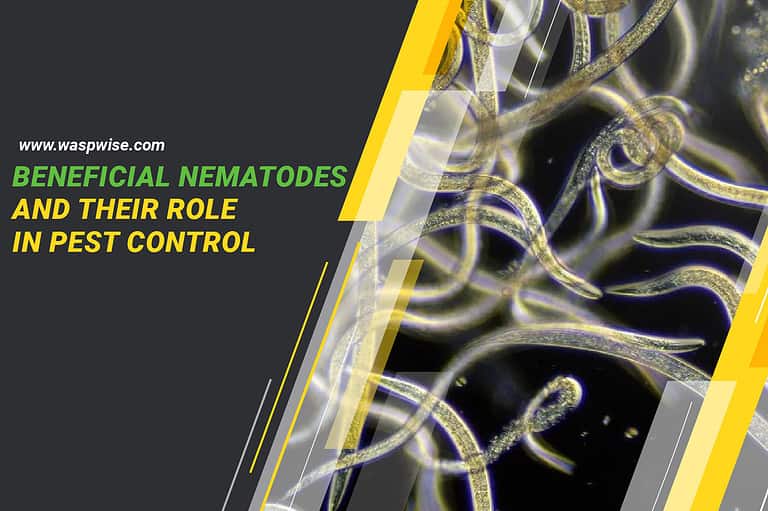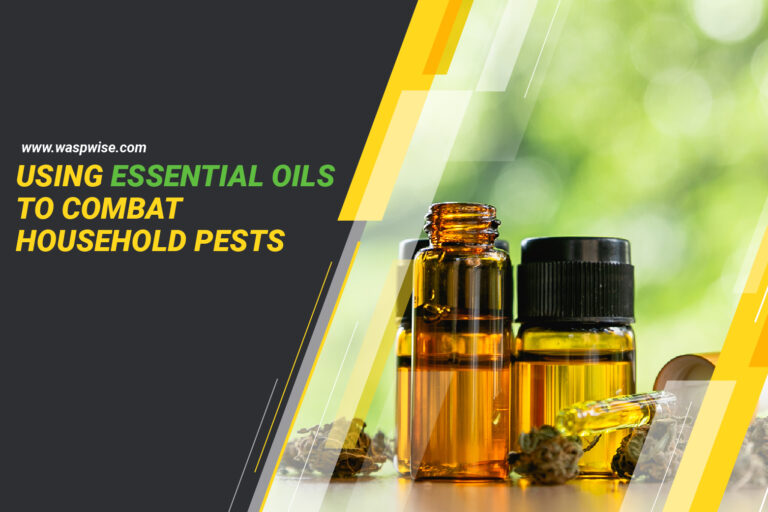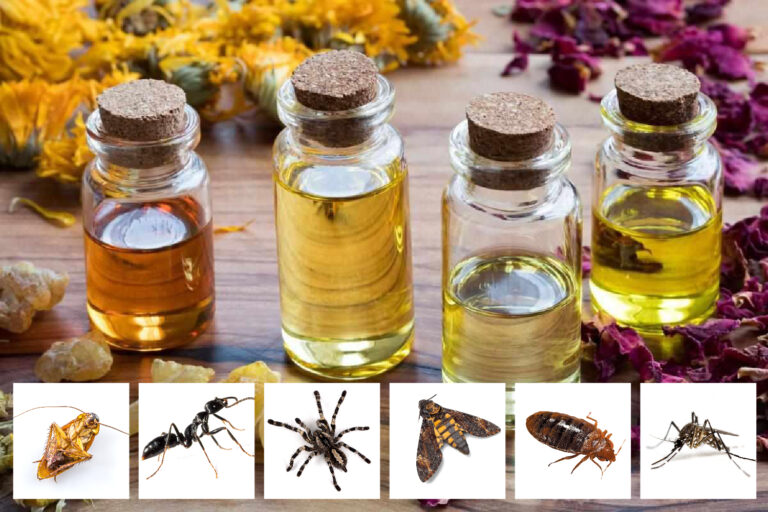NATURAL PEST CONTROL: ALTERNATIVE AND ECO-FRIENDLY METHODS FOR CONTROLLING PESTS
Pests are a nuisance that can cause significant damage to both our environment and our homes. While pesticides may seem like the logical solution, they often contain harsh chemicals that can be damaging to the environment and even hazardous to humans. Fortunately, there are other eco-friendly methods of controlling pests without having to resort to using harmful substances. Natural pest control is an effective alternative that is both safe and sustainable.
In this article, you will learn about natural pest control, including different strategies for controlling a variety of pests. We’ll look at how these methods can help protect your home and garden while also preserving the environment. You’ll also discover why natural pest control has become increasingly popular among homeowners.
By the end of this article, you will have a better understanding of natural pest control and how it can help you keep your home free from pesky pests without harming the environment. So, if you’re looking for an eco-friendly solution for managing pests, read on to find out more about natural pest control!
WHAT IS NATURAL PEST CONTROL?
Natural pest control is an alternative approach to controlling pests that is both eco-friendly and highly effective. It’s a way to reduce chemical usage and the risk of negative environmental impacts. Natural pest control relies on natural predators, native plants, and other elements from the environment to keep pests at bay.
The most common types of natural pest control include using beneficial insects such as Ladybugs or Praying Mantis to feed on unwanted pests. Additionally, companion planting – growing certain plants near each other to enhance their growth – can create an inhospitable environment for certain pests while promoting the growth of beneficial plants. Other methods like mulching and trap crops (a type of plant used as bait to draw in pests) can also be used in combination with these techniques to achieve maximum effectiveness.
Natural pest control is a great option for those who want to keep their home or garden free of pests without using harsh chemicals that could potentially harm the environment. It’s important to remember that it takes time and effort for natural pest control methods to show results, but when done correctly, they can provide long-term protection against pesky critters.
BENEFITS OF NATURAL PEST CONTROL
Natural pest control is a great way to protect our environment and maintain a healthy home. It provides numerous benefits when compared to traditional chemical-based methods, making it an attractive choice for many homeowners. Here, we’ll look at the advantages of natural pest control and why it’s worth considering.
One of the biggest advantages of natural pest control is its environmental friendliness. Unlike chemical-based pesticides and insecticides, natural pest control uses methods much less likely to harm the environment or disrupt local ecosystems. For example, some techniques involve using predators or parasites to manage pests instead of harsh poisons. This reduces the risk of damaging nearby wildlife and helps reduce the spread of disease by eliminating vermin more efficiently.
Another benefit of natural pest control is its cost savings over time. Chemical treatments can be expensive and must be repeated regularly, whereas natural methods don’t require ongoing maintenance costs. Additionally, many organic products used in natural pest control are cheaper than their chemical counterparts and can last longer before needing to be replaced or reapplied. Finally, because most organic compounds break down quickly and naturally, they don’t leave behind any toxic residue that could damage property or endanger people’s health over time.
PLANT-BASED SOLUTIONS FOR PEST CONTROL
Plant-based solutions for pest control can offer a greener, more natural approach to managing infestations. This may be a great option for those looking to reduce their environmental impact while still ensuring the safety of their home or business. Here are some of the ways that plants can help combat pests.
First, certain plants have strong aromas that repel insects and other common pests. This is an excellent way to get rid of them without using potentially hazardous chemicals. Additionally, some plants produce oils that can be used as a natural insecticides.
Second, certain plants produce toxic nutrients and compounds to certain species of pests. By strategically planting these varieties around or near your property, you can effectively keep pests away while helping the soil retain its fertility and health.
Thirdly, certain species of beneficial insects feed on plant nectar and pollen, so they can also be used in pest control strategies. Planting flowers that attract these beneficial insects will naturally minimize pest populations by providing an alternate food source for them rather than your crops or other areas in your home or business.
Here are some examples of plant-based solutions for controlling pests:

- Lavender – Repels mosquitoes and moths
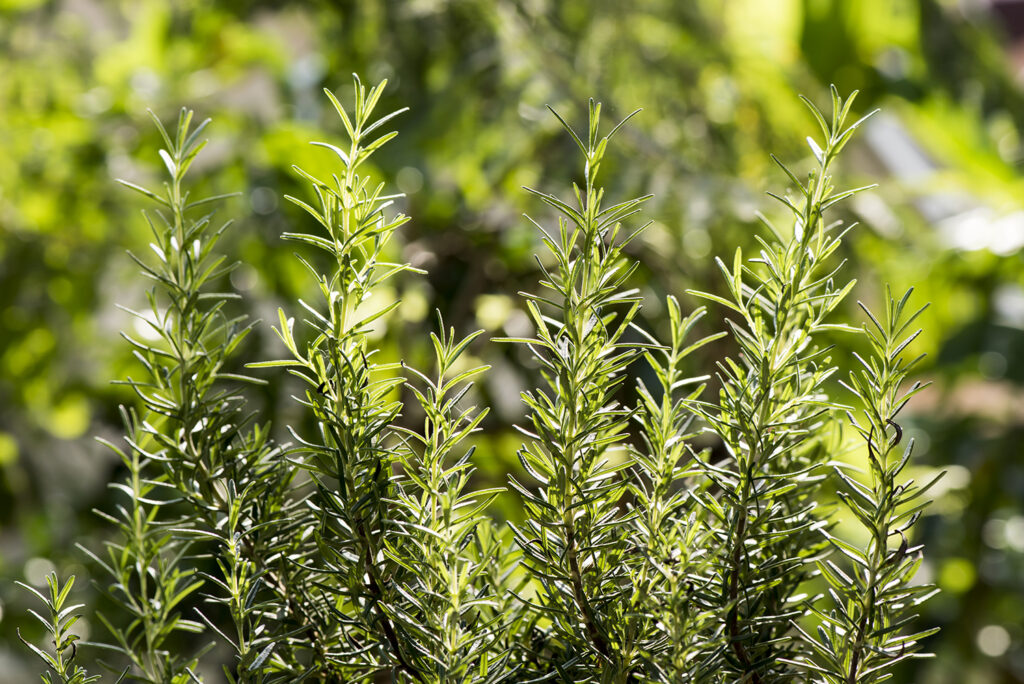
- Rosemary – Deters bean beetles and carrot flies.
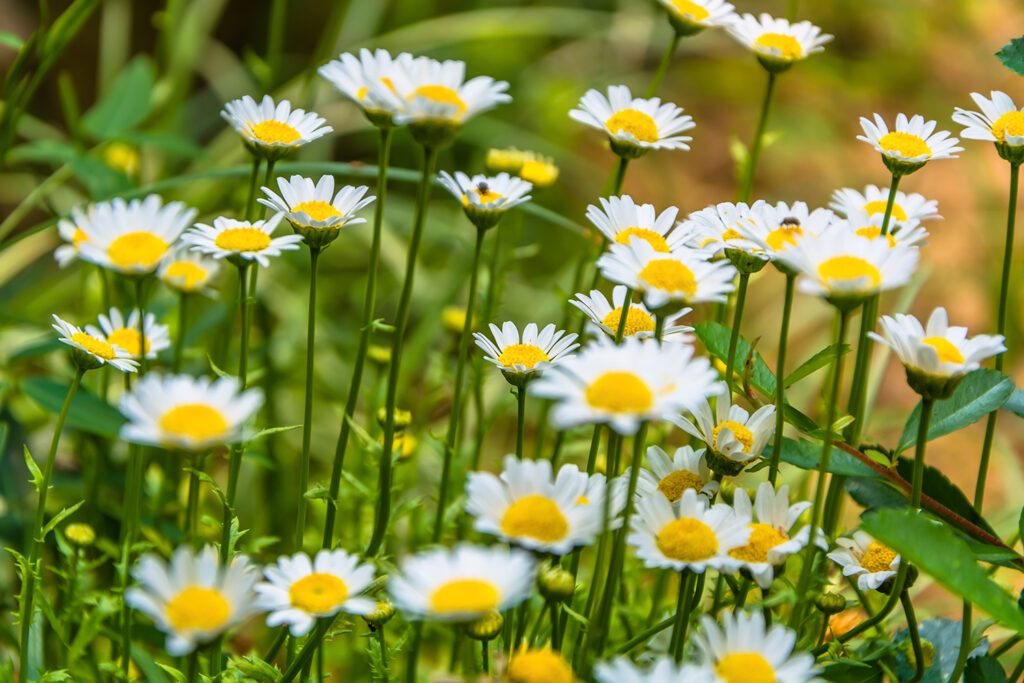
- Pyrethrum Daisy – Repels many types of flying insects

- Marigolds – Discourages whiteflies, squash bugs, and nematodes.
Using plants to manage pest infestations is an eco-friendly method that has been around for centuries. Not only does it provide effective results with minimal environmental impact, but it also comes with additional benefits such as improved soil quality and increased biodiversity. It’s a great choice for anyone who wants a natural solution to their pest problem!
NATURAL REPELLENTS FOR PEST CONTROL
Unlike conventional methods, natural repellents use plant-based ingredients that are safe for the environment. Furthermore, they can be used in various residential and commercial contexts.
Natural repellents are typically made using essential oils extracted from aromatics plants such as citronella and eucalyptus. These oils help to create an unpleasant odor for pests, driving them away from the area. Some natural repellents also contain pyrethrum, a compound derived from chrysanthemums that is an effective insecticide.
The beauty of natural repellents is that there’s no need to worry about potential harm to people or animals. They provide a long-lasting solution without impacting the wider environment negatively. Moreover, natural repellents have fewer side effects than conventional pest control methods such as fumigation or chemical sprays.
PHYSICAL BARRIERS AND TRAPS FOR PEST CONTROL
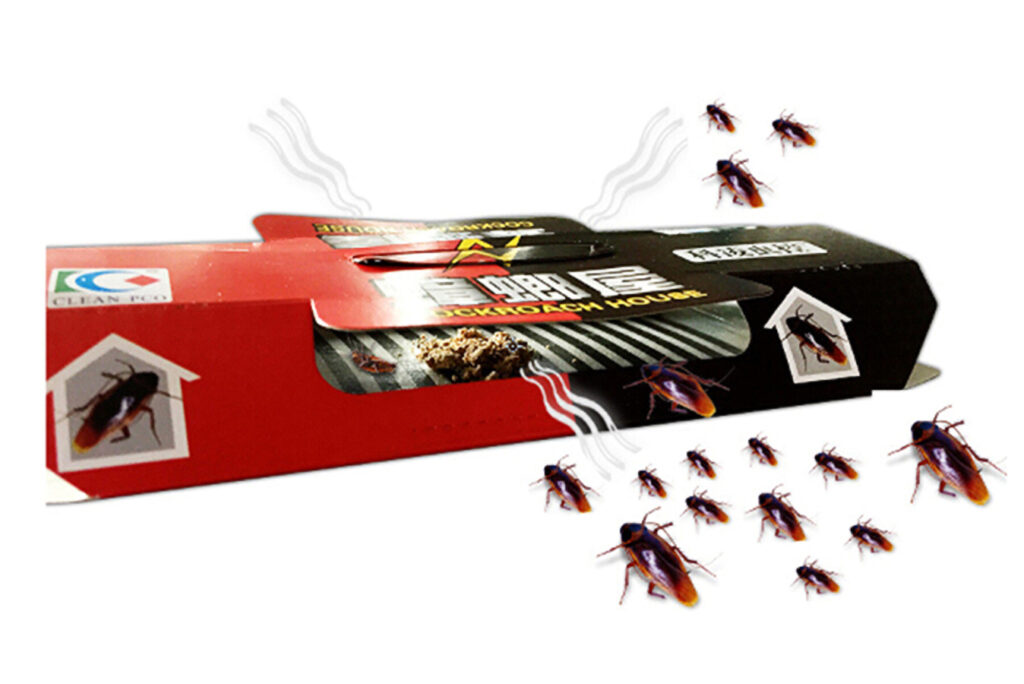
Physical barriers and traps are effective methods of pest control that don’t rely on toxic chemicals. They provide an eco-friendly alternative by preventing pests from entering or moving around your property.
Barriers can be as simple as screens or weather stripping or as complex as fully sealed airtight walls. Traps can range from sticky traps to bait boxes and snap traps, using food attractants to lure the pests away from their source.
Using physical barriers and traps for pest control is a safe, humane approach that won’t harm other wildlife or endanger human health. It’s an effective way to reduce the number of pests in your home without resorting to hazardous chemical solutions.
BIOLOGICAL CONTROL FOR PEST CONTROL
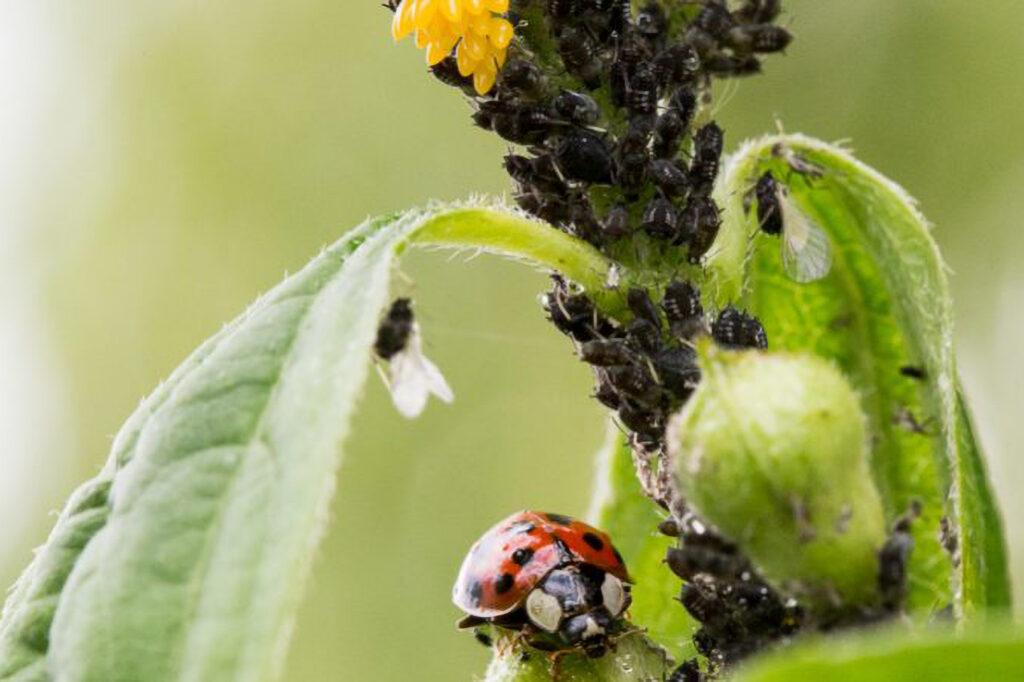
Biological control is an alternative and eco-friendly method for controlling pests. It involves the use of natural predators or parasites to reduce pest populations. This approach is especially effective against insect pests, as it directly addresses the root cause of the problem by eliminating the pests from their habitat.
In biological control, natural enemies are used to combating unwanted pests. These natural enemies can be either predators or parasites that feed on the pests and keep their population in check. For example, ladybugs help to control aphid infestations by consuming them; wasps parasitize caterpillars; and lacewings feed on mites and aphids. This method does not involve any chemical intervention, making it a safe and cost-effective option for pest management.
Biological control has several advantages over conventional methods such as chemical pesticides. Since these natural enemies only target specific species of pests, they do not harm beneficial insects or other organisms in the environment. Additionally, they can be introduced into an area without disrupting existing ecosystems and they can even remain in place long after the initial infestation has been eliminated, providing ongoing protection against future outbreaks of pest species.
SOAP AND WATER FOR PEST CONTROL
Using soap and water for pest control is a great option for those looking for an eco-friendly, alternative way to keep pests away. This method can be used indoors and outdoors, allowing you to get rid of pesky insects without using harsh chemicals. Soap and water work by disrupting the protective coating on the outside of insects, which causes them to dry out and die.
This method is easy to use, cost-effective and requires no special equipment or materials. You only need regular dishwashing liquid mixed with warm water in a spray bottle. Then, simply spray the mixture directly onto any plants or surfaces that have been infested with pests. The soap solution will kill the insects within minutes of application.
In addition to being simple and cost-effective, this method also has minimal impact on the environment compared to other pest control methods. Furthermore, it’s safe to use around pets and children since it contains no toxic chemicals or pesticides. With all these benefits combined, soap and water is a great eco-friendly way to get rid of pests in your home or garden!
ESSENTIAL OILS FOR PEST CONTROL
Essential oils are all-natural solutions derived from plants and herbs, making them a safe and healthy choice. Here are three ways essential oils can help you control pest problems without resorting to harsh chemicals:
Essential oils can repel insects. For example, citronella oil is often used to create insect repellent products that work well against mosquitos. Other popular options include lavender oil, peppermint oil, lemongrass oil, and tea tree oil.
Certain essential oils can be used to kill insects as well. Clove oil is known to be toxic to many types of bugs and is also a popular ingredient in organic bug sprays on the market today. Cinnamon, thyme, and oregano oil are also thought to have insecticidal properties when applied directly or combined with other natural ingredients, such as vegetable oils or soapy water.
Finally, essential oils can help reduce the number of pests around your home by providing an alternative food source for beneficial insects like ladybugs or lacewings, which feed on aphids, mealybugs, and other plant-eating pests. Planting herbs like basil or dill in your garden will attract these beneficial insects while also providing an all-natural way of controlling pest populations without relying on harmful chemicals.
Using essential oils for pest control is an easy way to keep your home free from unwanted critters while keeping the environment safe too!
DIATOMACEOUS EARTH FOR PEST CONTROL
Diatomaceous earth (DE) is an effective natural pest control solution. It’s made up of fossilized diatoms, a type of hard-shelled algae. DE is safe for the environment, non-toxic, and can be used in home gardens and commercial agricultural operations.
DE works by piercing and drying out pests’ exoskeletons when they come into contact with it. It also absorbs moisture from their bodies, killing them quickly and efficiently. Here are some benefits of using DE for pest control:
- Cost-effective: DE is often less expensive than other chemical options, making it a great choice for budget-conscious gardeners or farmers.
- Versatile: DE can target various insects, including ants, fleas, bedbugs, mites, and spiders.
- Safe: Unlike chemical pesticides, DE doesn’t pose any risk to people or pets that come into contact with it.
Using diatomaceous earth as a natural pest control option has numerous advantages over traditional chemical methods. Not only is it an effective means of controlling pests without risking the health of your family or the environment, but it’s also cost-effective and versatile enough to target many different types of insects. With its many benefits, DE is a great choice for anyone looking to keep their garden or farm free from pesky critters naturally and safely.
NEEM OIL FOR PEST CONTROL
Neem oil is a natural and eco-friendly pest control method that has been used for centuries in India and other parts of Asia. It can be used to effectively target a variety of pests, including mosquitoes, moths, flies, aphids, whiteflies, mealybugs, beetles, caterpillars, thrips, scale insects, and even spiders. Neem oil works by coating the insect’s body or exoskeleton and interfering with their hormones. This disrupts the insect’s ability to feed or reproduce, causing them to die eventually.
One of the benefits of using neem oil is that it’s safe to use around children and pets when applied properly. It also breaks down easily in light or air and doesn’t leave any long-term residue like many traditional chemical pesticides. Additionally, because neem oil is derived from a plant-based source (the neem tree), it won’t contaminate soil or water like chemical pesticides can.
DIY MIXTURES FOR PEST CONTROL
DIY mixtures for pest control offer an eco-friendly, cost-effective alternative to chemical pesticide solutions. Preparing your own mix of natural ingredients can be as simple as combining soap and water or as complex as a combination of multiple oils. You can create an effective mixture to protect your home and garden from pests with a few basic ingredients.
One popular DIY mixture is made with neem oil and garlic. Garlic contains allicin, which is a deterrent to common pests like aphids, ants, fleas, beetles, and caterpillars. Combining neem oil with minced garlic cloves in water creates an effective pest control solution that is safe for use around children and pets.
It’s important to note that while these homemade mixtures are safe when used correctly, they may need to be reapplied regularly to remain effective. Additionally, when applying the mixtures to combat plant pests, it’s best to research the specific needs of your plants before selecting a DIY pest control solution to ensure their safety for the environment. These steps will help ensure that your home or garden remains free of unwanted pests without the use of harsh chemicals.
FREQUENTLY ASKED QUESTIONS
How Quickly Will Natural Pest Control Take Effect?
The answer largely depends on the type of pest you’re dealing with and your techniques. For instance, some insects, such as ants, may start dying off within hours after you deploy natural methods. On the other hand, larger pests like rodents can take up to several weeks before they are eliminated.
To ensure natural pest control works quickly and effectively, it’s important to understand what kind of pests you have in your home and which methods will likely work best. You should also be prepared to perform repeat treatments until all the pests are eliminated.
What are the drawbacks of using natural pest control methods?
The main drawbacks to using natural pest control methods are that they can be time-consuming, require a lot of work, and may not be as effective as some chemical methods. Additionally, natural pest control methods often require a lot of research and knowledge about the types of pests you are dealing with and their behavior. Finally, some natural pest control methods, such as beneficial insects, may not be available in certain climates or regions.
Is natural pest control safe for pets and children?
Natural pest control methods are generally safe for pets and children. Still, it is important to research the particular method you are considering and the types of pests you are dealing with. Some natural pest control methods, such as pesticides derived from natural plant sources, may still contain toxins that can be harmful if ingested or inhaled in large amounts. Additionally, some methods, such as trapping, can be unsafe if mishandled. Following all safety instructions when using any pest control method is important.
CONCLUSION
In conclusion, natural pest control is an effective and eco-friendly way to control pests. While the cost of natural pest control can vary depending on the type of method used, it is typically less expensive than chemical methods. Natural pest control also takes effect quickly and can be used indoors and outdoors to keep pests away from your home or business. Furthermore, natural methods are safe for pets and children when properly applied. With all these benefits in mind, it’s hard to ignore the advantages of using natural pest control over traditional chemical treatments. It’s important to assess your needs before deciding which type of pest control will work best for you. Natural pest control methods can be a great option for controlling pests without negatively impacting people, pets, or the environment.

